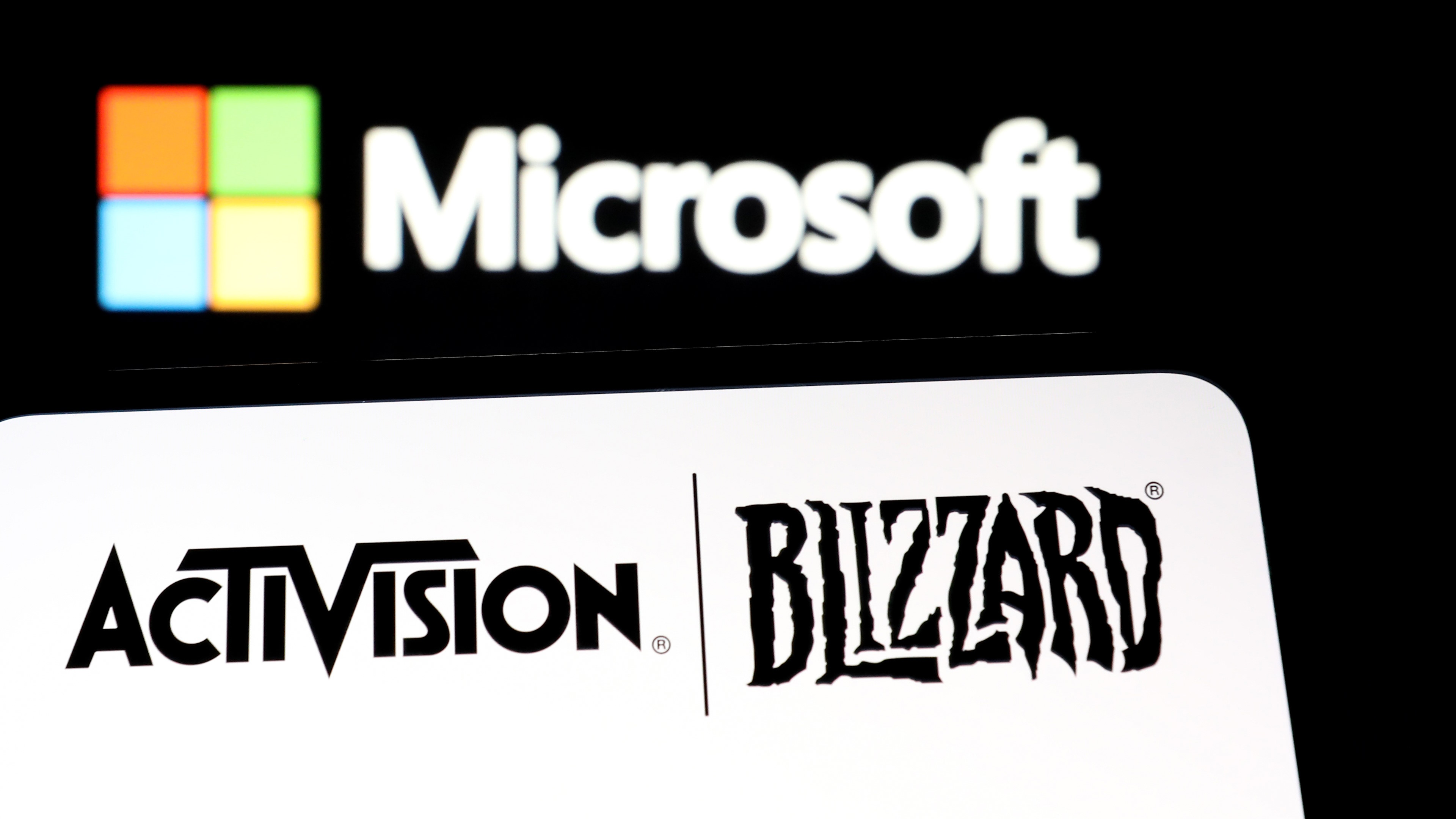Microsoft finally lays UK regulators' cloud gaming fears to rest—new consultation suggests an end to the drawn-out Activision Blizzard acquisition saga
A silver lining to Microsoft's cloud gaming blues.

Microsoft's acquisition of Activision Blizzard has been a major source of corporate drama these past few months. Back in April, the UK's Competition and Markets Authority (CMA) moved to block the acquisition, stating "Microsoft’s proposed solution failed to effectively address the concerns in the cloud gaming sector". This block included a massive, 200-plus page findings report that suggests "The evidence we have seen suggests that cloud gaming may be an important disruptive force in the gaming industry."
This rejection came as a bit of a surprise, since things had been looking brighter after a prior u-turn on Call of Duty, which was a prior pain point outlined in the findings report. This led to some stern finger-wagging from Microsoft's president, Brad Smith, who called the move 'bad for Britain'—which even spilled over into parliament, with questions over whether the UK was even 'open for business' from MPs on the government's Business and Trade Committee.
It seems things are moving forward, though, according to a statement by the UK Government. "Earlier this year, the CMA blocked Microsoft from acquiring the whole of Activision due to concerns that the deal would harm competition in cloud gaming in the UK. After that deal was blocked, Microsoft submitted a restructured transaction in August for the CMA to review.
"Under that new deal, Microsoft will not purchase the cloud gaming rights held by Activision, which will instead be sold to an independent third party, Ubisoft Entertainment SA (Ubisoft)." This means that Microsoft no longer has exclusive rights to keep Activision Blizzard games on future cloud gaming services. Instead, Ubisoft will be "free to offer Activision's games both directly to consumers and cloud gaming service providers however it chooses."
The revised deal also had some good news for ports of Activision games: "The deal with Ubisoft also requires Microsoft to port Activision games to operating systems other than Windows and support game emulators when requested."
These new measures were met with approval by the CMA, whose concerns over Microsoft using "its control over Activision content to stifle competition and reinforce this position" have been mostly dealt with. "The new deal instead results in the cloud streaming rights for Activision’s games being transferred to an independent player, Ubisoft, maintaining open competition as the market for cloud gaming develops over the coming years."
Cloud gaming is only just becoming properly viable, but technology doesn't steadily advance as much as it explodes. We've all been there for the sudden advancement in deep-learning algorithms and AI. Tech like this crawls along until momentum builds, and suddenly we have a whole basket of problems to deal with—as does the CMA, which had to lay down new principles over AI use recently. Regulators like the CMA ultimately have to look at all burgeoning technology as a big deal waiting to happen.
Keep up to date with the most important stories and the best deals, as picked by the PC Gamer team.
While the CMA has stated it has "limited residual concerns", it's also "provisionally concluded" that further remedies provided by Microsoft have addressed them. Still, we won't have a full confirmation of the deal until October 6 when the new consultation comes to a close.
Chief Executive of the CMA Sarah Cardell seems pleased with the outcome, but she also regrets how much time and money the cloud rights quibbling has cost everyone involved. "This case illustrates the costs, uncertainty and delay that parties can incur if a credible and effective remedy option exists but is not put on the table at the right time."

Harvey's history with games started when he first begged his parents for a World of Warcraft subscription aged 12, though he's since been cursed with Final Fantasy 14-brain and a huge crush on G'raha Tia. He made his start as a freelancer, writing for websites like Techradar, The Escapist, Dicebreaker, The Gamer, Into the Spine—and of course, PC Gamer. He'll sink his teeth into anything that looks interesting, though he has a soft spot for RPGs, soulslikes, roguelikes, deckbuilders, MMOs, and weird indie titles. He also plays a shelf load of TTRPGs in his offline time. Don't ask him what his favourite system is, he has too many.

